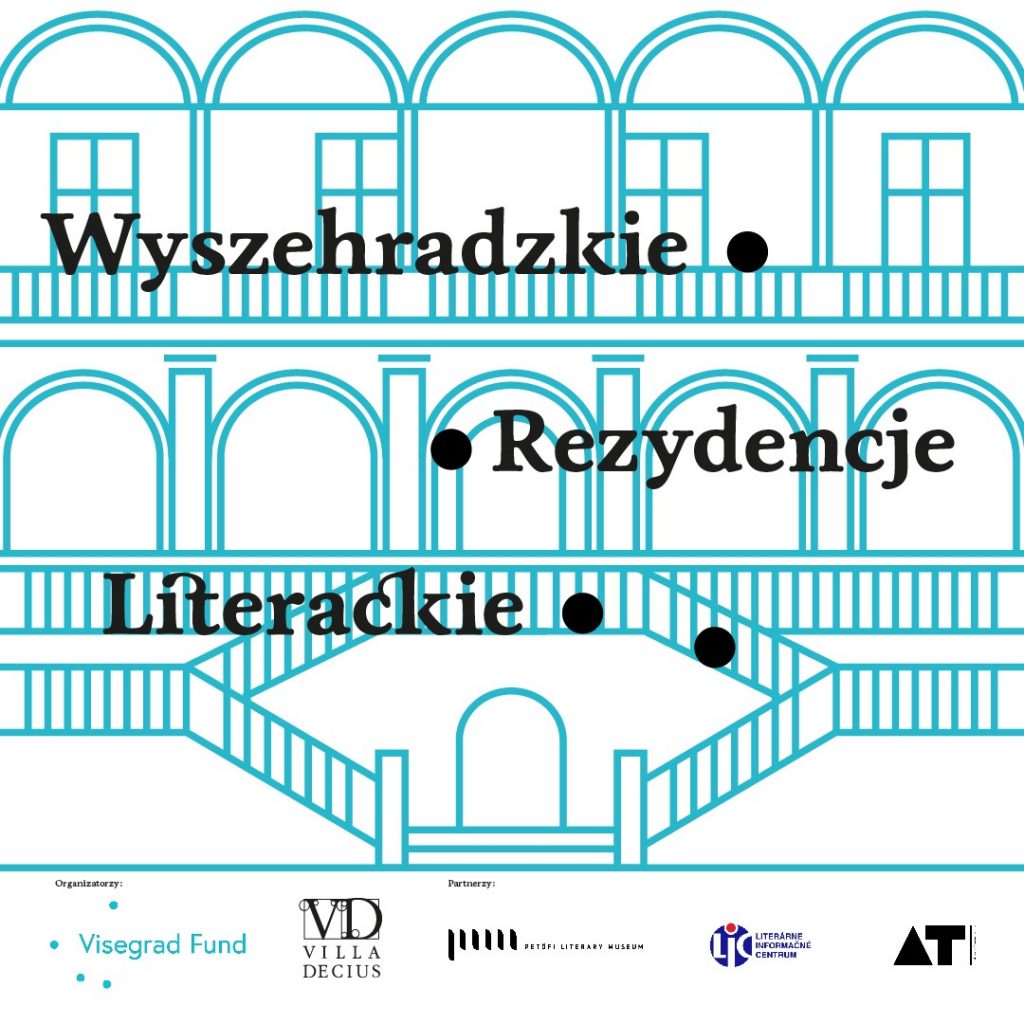Robert Milbacher’s (1971) novel, titled “Keserű Víz,” is the chronicle of a Slavonian Swabian-Hungarian settler village that has since vanished without a trace. It is also the arduous life story of the narrator’s grandmother, who was born there. While we follow the fate of the village from its foundation in the 19th century to its depopulation in the 20th, we accompany the woman back in time—from her deathbed to the magical world of her childhood. The story of the woman, the family, and the Central-Eastern European village is, at the same time, the history of old multi-ethnic Hungary. Through the exploration of written documents and oral family memory, we gain insight into contemporary research work that turns toward the past. The novel is characterized by its multifaceted narration and complex plot development. its critical and reader success is also thanks to its original structural solutions and masterful linguistic craftsmanship.
Robert Milbacher was born in Kaposvár in 1971. Between 1989 and 1994, he studied Hungarian and History at the former József Attila University (JATE) (now the University of Szeged), where he earned his PhD in 19th-century Hungarian literature in 1999. Since then, he has been conducting research on this period, publishing several books and studies, including works on the acculturation issues of literary popularism and on János Arany as a cultural construct. He regularly contributes contemporary cultural and literary criticism, as well as studies, essays, and short stories. Currently, he teaches at the University of Pécs, focusing on classical and contemporary Hungarian literature, literary studies, and creative writing. He was laureate of Margó Prize (2016), the Litera Prize (2023), and the Artisjus Literary Award for Prose (2024).




